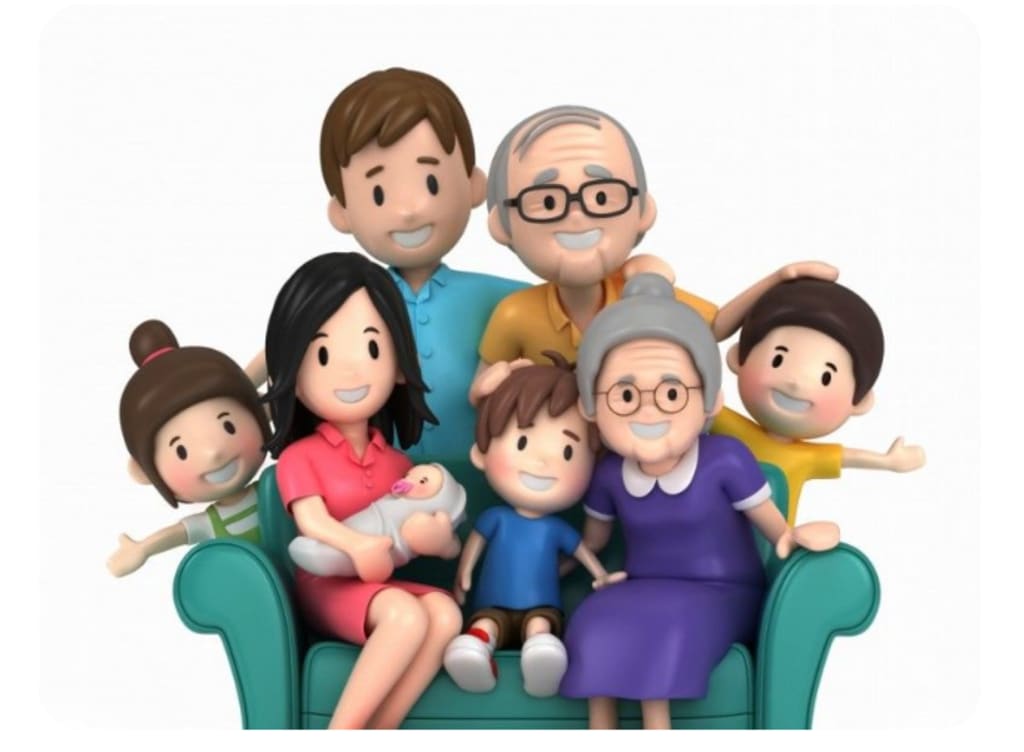
1."Treat others with kindness and respect."
Treating others with kindness and respect is an important principle for building positive relationships and fostering a sense of community. It means being considerate of other people's feelings and needs, and making an effort to be understanding and supportive. This can involve small gestures, such as holding the door open for someone or offering a kind word of encouragement, as well as larger actions, such as standing up against bullying or discrimination. Additionally, treating others with kindness and respect can be a powerful way to promote a culture of positivity and inclusivity, and can help to build stronger, more resilient communities.
2."Listen more than you speak."
Listening more than you speak is an important principle for effective communication and building strong relationships. It means being fully present and engaged in conversations, actively paying attention to what the other person is saying, and being willing to hear and consider different perspectives.
Active listening involves not just hearing the words, but also trying to understand the meaning and intent behind them. It means asking questions to clarify what the person is saying and providing feedback to show that you are paying attention.
This principle can be particularly helpful in conflict resolution, it allows you to understand the other person's point of view and feelings, and find common ground to work on resolving the issue.
Additionally, listening more than you speak can also help to build trust and respect in relationships, and can be a powerful tool for personal growth and self-awareness.
3."Practice empathy and understanding."
Practicing empathy and understanding involves the ability to put oneself in another person's shoes and understand their feelings, thoughts, and experiences. This can include being able to recognize and validate another person's emotions, even if they are different from your own.
Empathy is different from sympathy, sympathy means feeling sorry for someone, empathy means understanding and sharing their feelings.
Practicing empathy and understanding can help to build stronger, more meaningful connections with others, and can also play a vital role in building a more inclusive and compassionate society. It can also be beneficial for personal growth, as it allows to see the world from different perspectives and gain a deeper understanding of oneself.
Empathy and understanding can be practiced in different ways, like reading books or watching movies that tell the stories of people who are different from ourselves, or traveling to different places, cultures and communities. Additionally, it can be developed through active listening, asking questions, and seeking to understand others perspectives.
4."Be open-minded and willing to learn."
Being open-minded and willing to learn means approaching new ideas, perspectives, and experiences with a curious and non-judgmental attitude. It involves being receptive to new information, and being willing to consider and question one's own beliefs and assumptions.
Being open-minded allows for personal growth and development, and also allows for growth in relationships, it helps to build more understanding, accepting and compassionate relationships.
Being open-minded and willing to learn also means being open to change and willing to adapt to new situations. It can also be an important mindset for success in today's fast-paced and constantly evolving world.
There are different ways to cultivate an open-minded attitude, like reading books and articles on different topics and perspectives, traveling to new places and cultures, and exposing yourself to different types of music, art, and other forms of expression. Additionally, actively seeking out new experiences, being curious, and asking questions can help to foster an open-minded attitude.
5."Forgive and let go of grudges."
Forgive and let go of grudges means to release feelings of resentment or anger towards someone who has wronged you. It's about recognizing that holding onto negative feelings towards others can be harmful to your own well-being, and choosing to move on and let go of those feelings.
Forgiveness does not mean forgetting what happened, or condoning the harmful behavior, it means letting go of the anger, resentment, and the desire for revenge.
Forgiving and letting go of grudges can be difficult, especially when the hurt or harm caused was significant, but it can be beneficial in many ways. It can help to improve mental and emotional well-being, reduce stress and anxiety, and improve relationships.
Forgiveness is a personal process, and it can take time and effort to achieve. Some people may find that talking to a therapist or counselor can be helpful in working through the process of forgiveness. Additionally, practicing mindfulness, self-reflection, and self-compassion can also be beneficial in letting go of grudges.





Comments
There are no comments for this story
Be the first to respond and start the conversation.